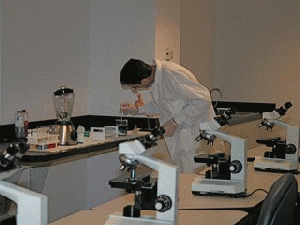May 26, 2014
We are living at a time when great advances have been made, and are continuing to be made, in many areas of science and technology. These advances are having a major impact on our lives, and this will probably continue to be the case for the foreseeable future. This may, at first, seem to be a very positive prospect, but there are important reasons to be concerned. Let's start with the benign effects.
The plus side of technology
By the age of 44, Salmon Chase, Secretary of the Treasury in Lincoln's cabinet and later Chief Justice of the Supreme Court, was a widower, not once, not twice, but three times. His wives died at ages 20, 23, and 32. Four of his six children died before attaining adulthood. Such tragic experiences were common at the time. Thomas Jefferson's wife died at the age of 34, only two of their six children lived past the age of three, and only one survived him. In all these cases, causes of death were childbirth, or diseases such as scarlet fever, whooping cough, and tuberculosis. (I have given examples of very prominent people falling victim to diseases in order to make clear that even the most well-to-do people were vulnerable.) Thanks to the work of civil engineers constructing effective sewage-disposal systems, and safe water-supply systems, and to advances in medical science, such as vaccination and antibiotics, such devastating experiences are no longer common.
Next Page 1 | 2 | 3 | 4 | 5 | 6 | 7 | 8
(Note: You can view every article as one long page if you sign up as an Advocate Member, or higher).





